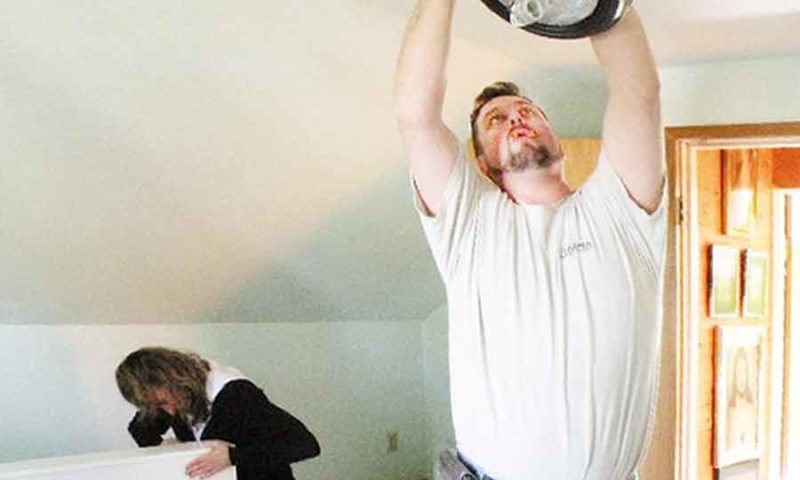Three things to consider before making a charitable bequest
When her husband lost his battle with cancer, he left Janet enough to live comfortably. He also left her with an unanswered question.
They had never considered what to do with those assets as she neared the end of her own life. Ten years later, when she heard a friend talk about “leaving a little something to charity in her will,” Janet kept her mouth shut.  Her friend was born and raised here, already had three or four non-profits she planned to honor with a gift.
She thought of the sob stories she saw on television, those charitable appeals that filled her mailbox every week.  They were worthy causes, but something was missing. She could pick half a dozen prominent charities and it would probably work out.  But that didn’t sit right.  She wanted her gift to be heartfelt and sensible. Whatever she gave, she wanted to have an effect close to home.
Rather than make a random choice, she sat down and faced three considerations. First, she wondered, “What do I expect from the charity I choose?”  She didn’t care about having her name on a brass plaque, and tax shelter was not a serious motive. If she made a gift in her estate, she wouldn‘t be around to enjoy it, anyhow. She decided to make a gift that would help local kids in some way.
Her second question was “How do I know which local charity works on those things?” She checked the Internet. Sixteen agencies served kids within 30 miles of her home. Some offered scholarships, some gave kids a safe place to play after school, and some helped kids with serious health problems.  She figured they were all providing worthwhile services.
Her final question cinched it. She decided to ask for a copy of the annual report from five nonprofits. She could do that online.  When they arrived in her mailbox, she learned who sat on those boards, their recent success stories, their annual budgets and expenses, and a lot about the programs they offered.
Now she had something she could use in making a gift that mattered.
Mike Robinson is Senior VP of Planned Giving for United Way of Pierce County. Please consult a qualified estate planner before making a gift in your will.


![Stover-book]](https://www.seniorscene.org/wp-content/uploads/2012/04/Stover-book-198x300.jpg)